academic.oup.com/aobpla/artic...

academic.oup.com/aobpla/artic...
esajournals.onlinelibrary.wiley.com/doi/10.1002/...

esajournals.onlinelibrary.wiley.com/doi/10.1002/...
BugNet is a global network studying how invertebrate herbivores and fungal pathogens shape plant diversity & ecosystem functioning worldwide. The paper reports on the methods of the experimental part:
📄 onlinelibrary.wiley.com/doi/10.1002/...


aslopubs.onlinelibrary.wiley.com/doi/10.1002/...

aslopubs.onlinelibrary.wiley.com/doi/10.1002/...

onlinelibrary.wiley.com/doi/full/10....
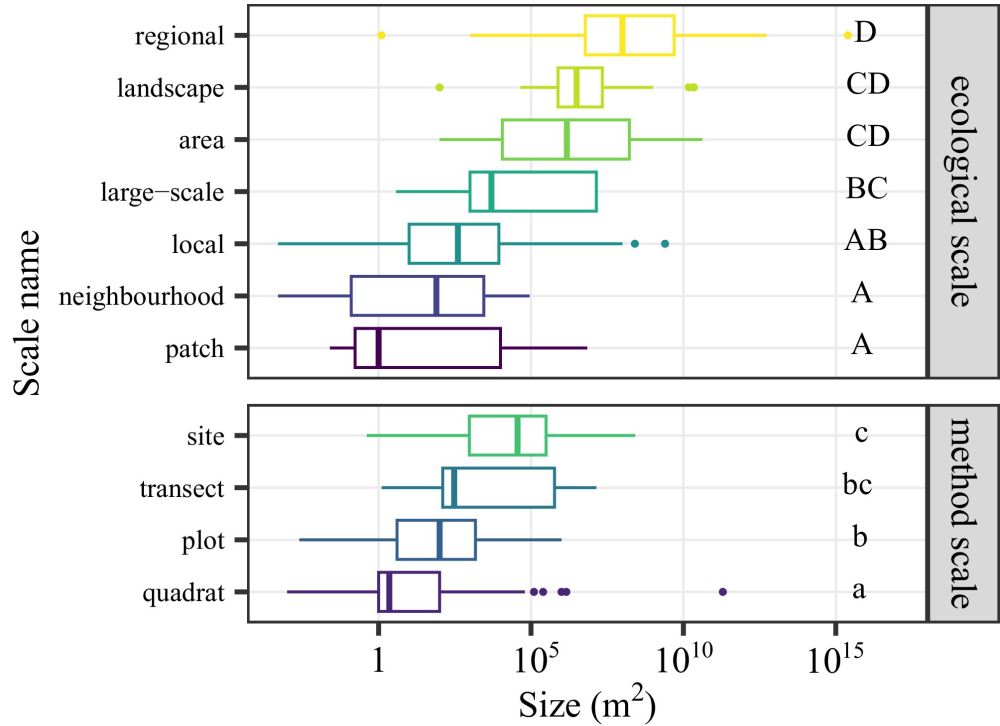
onlinelibrary.wiley.com/doi/full/10....
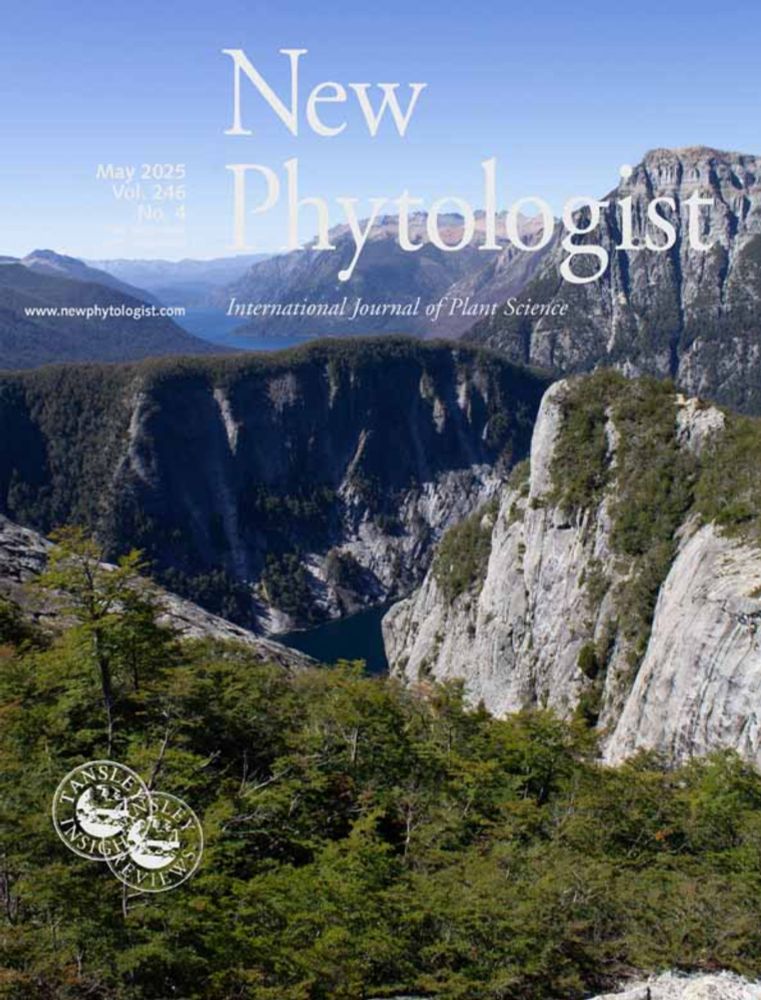
www.science.org/doi/10.1126/...
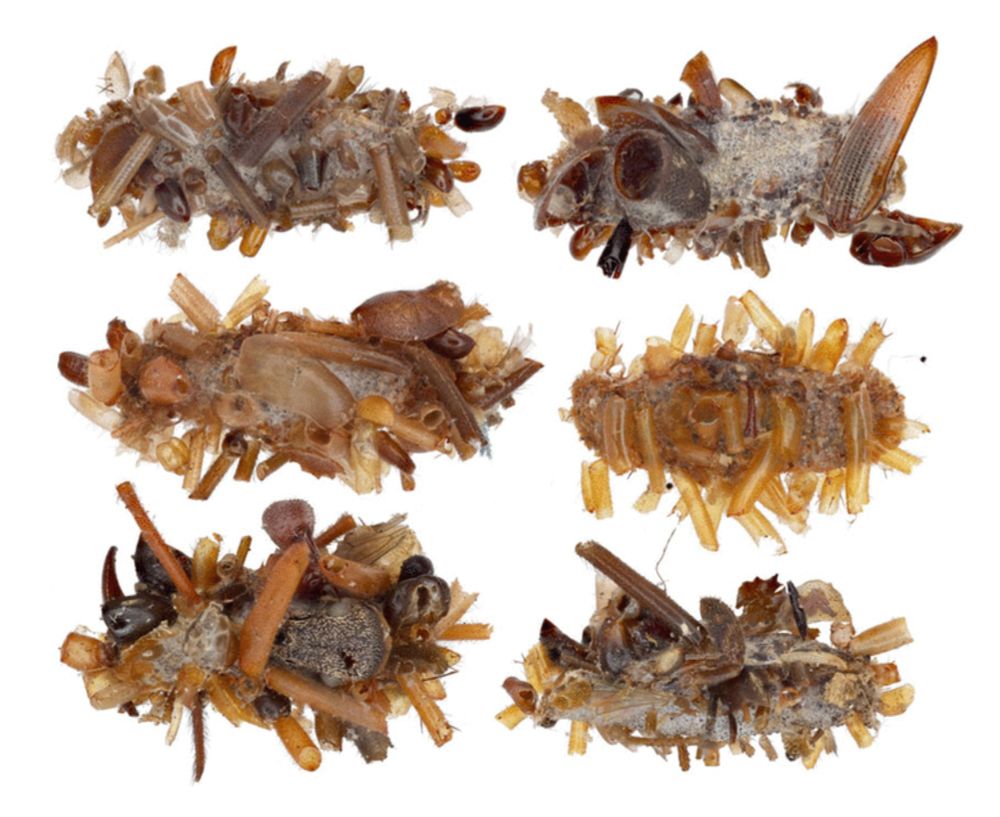
www.science.org/doi/10.1126/...
jecologyblog.com/2025/03/26/j...

jecologyblog.com/2025/03/26/j...
(You can find my paper here: besjournals.onlinelibrary.wiley.com/doi/full/10....)
Each year, we award the Harper Prize to the best paper in the journal by an early career author.
See the full list here:

(You can find my paper here: besjournals.onlinelibrary.wiley.com/doi/full/10....)
onlinelibrary.wiley.com/doi/full/10....
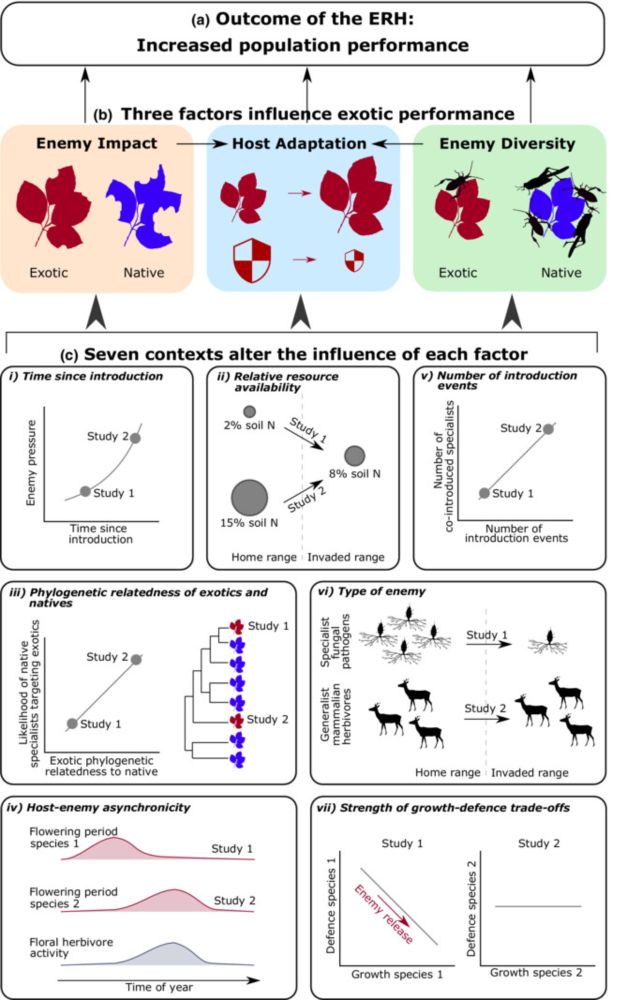
onlinelibrary.wiley.com/doi/full/10....
esajournals.onlinelibrary.wiley.com/doi/10.1002/...
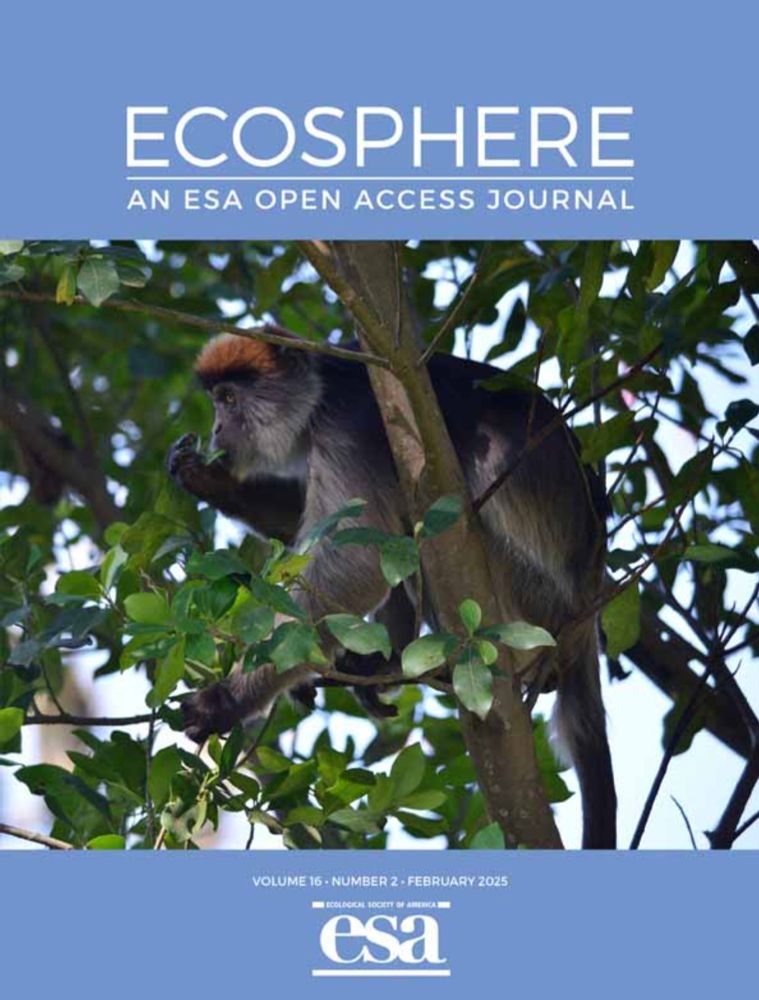
esajournals.onlinelibrary.wiley.com/doi/10.1002/...
(using freshwater mussels as an example) - something regrettably gaining more and more relevance!
besjournals.onlinelibrary.wiley.com/doi/10.1111/...
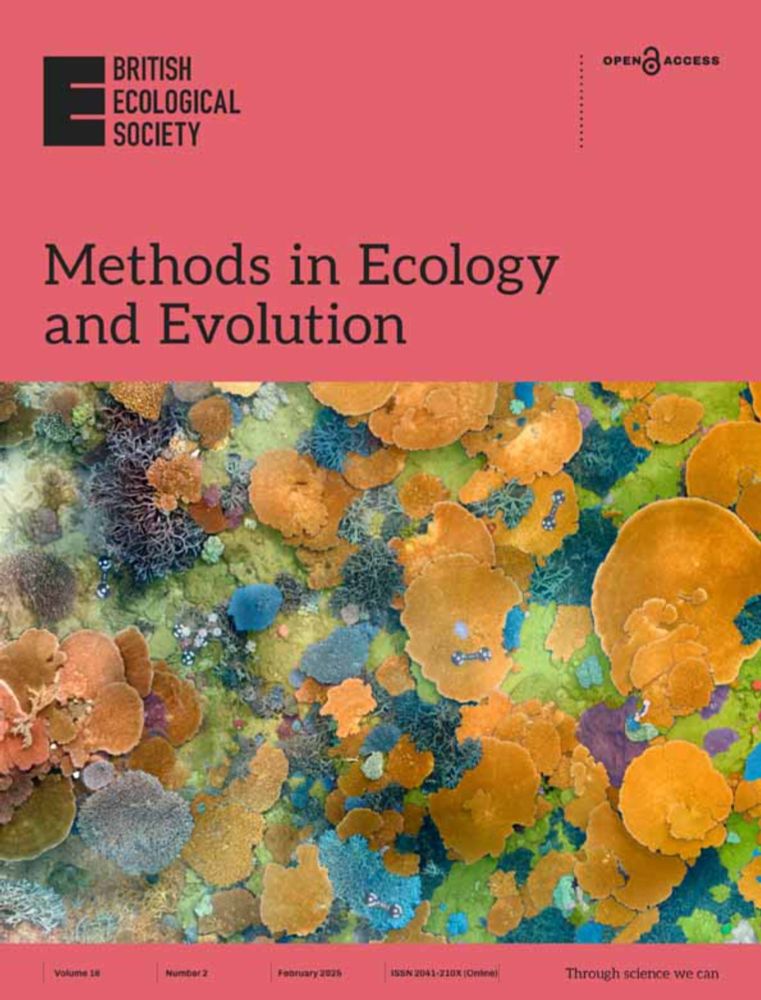
(using freshwater mussels as an example) - something regrettably gaining more and more relevance!
besjournals.onlinelibrary.wiley.com/doi/10.1111/...

